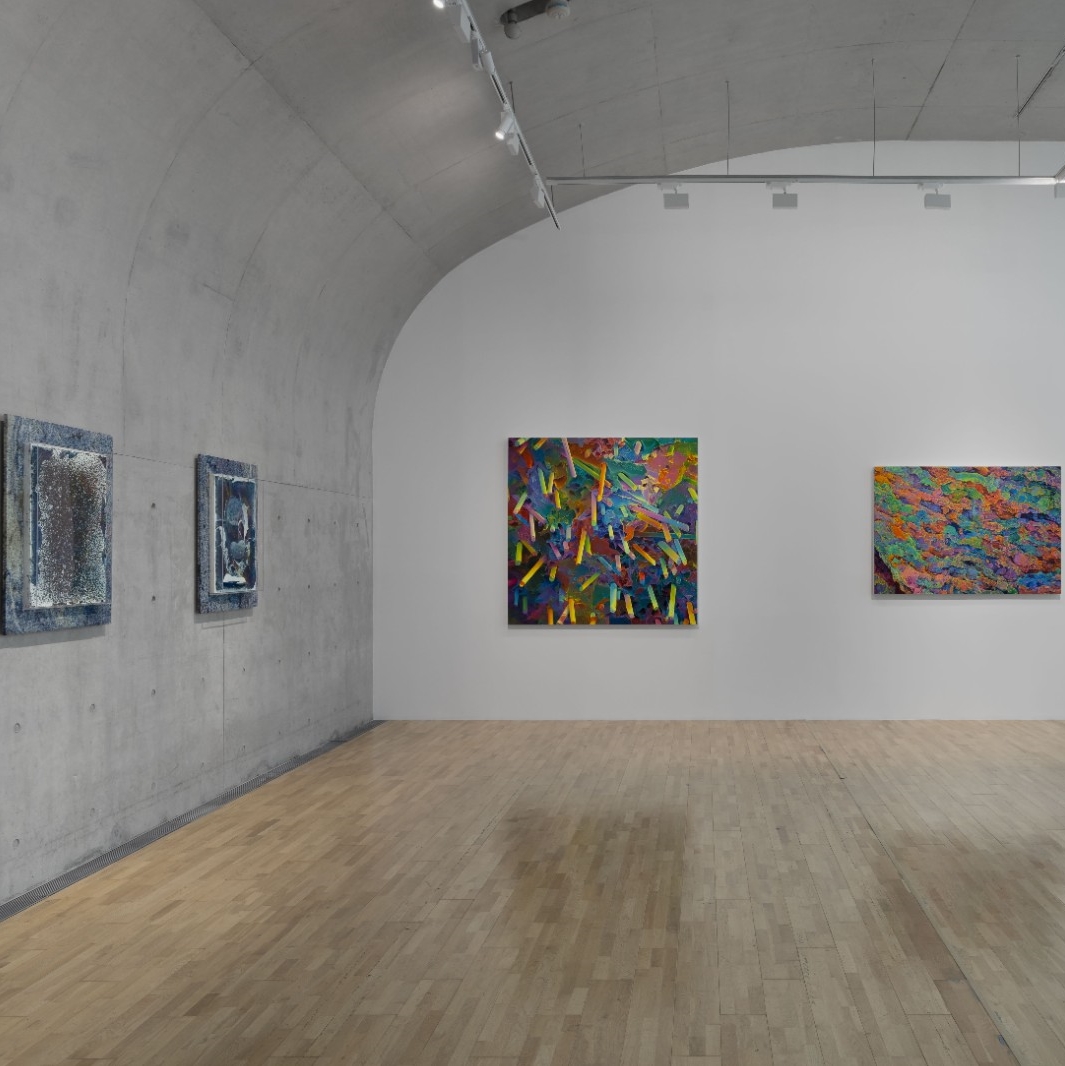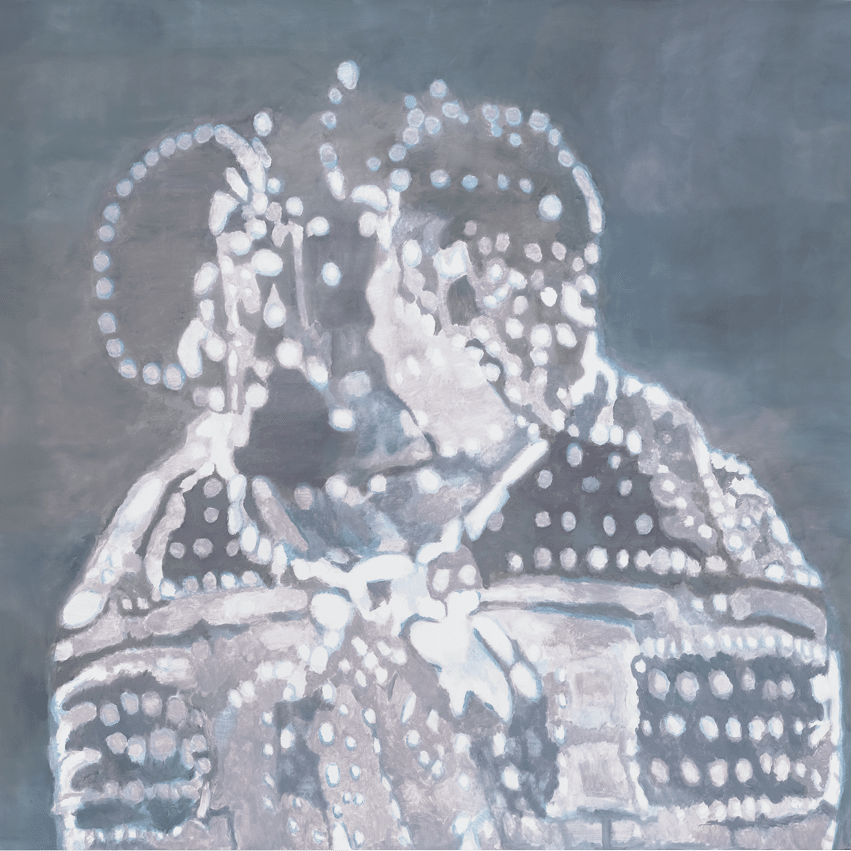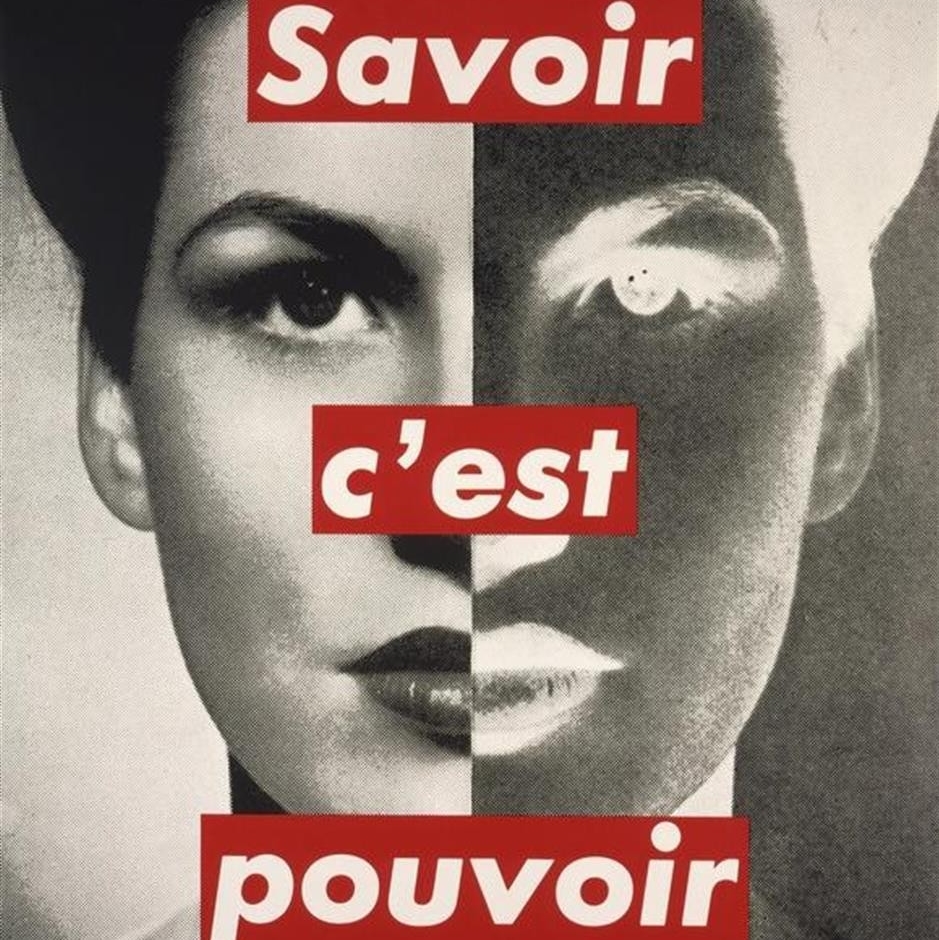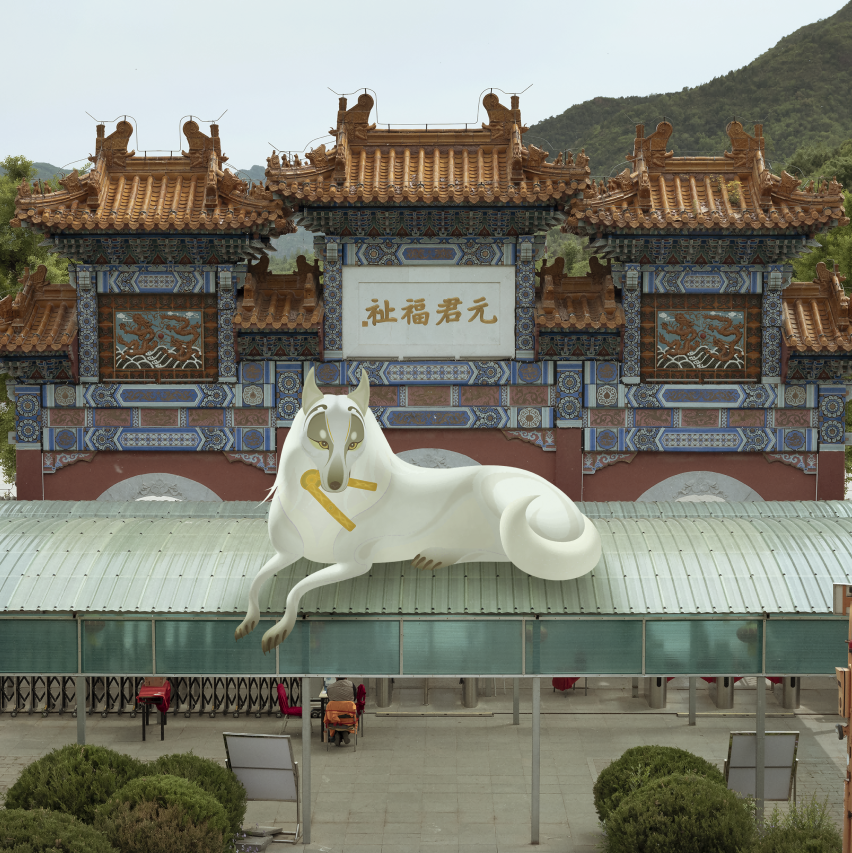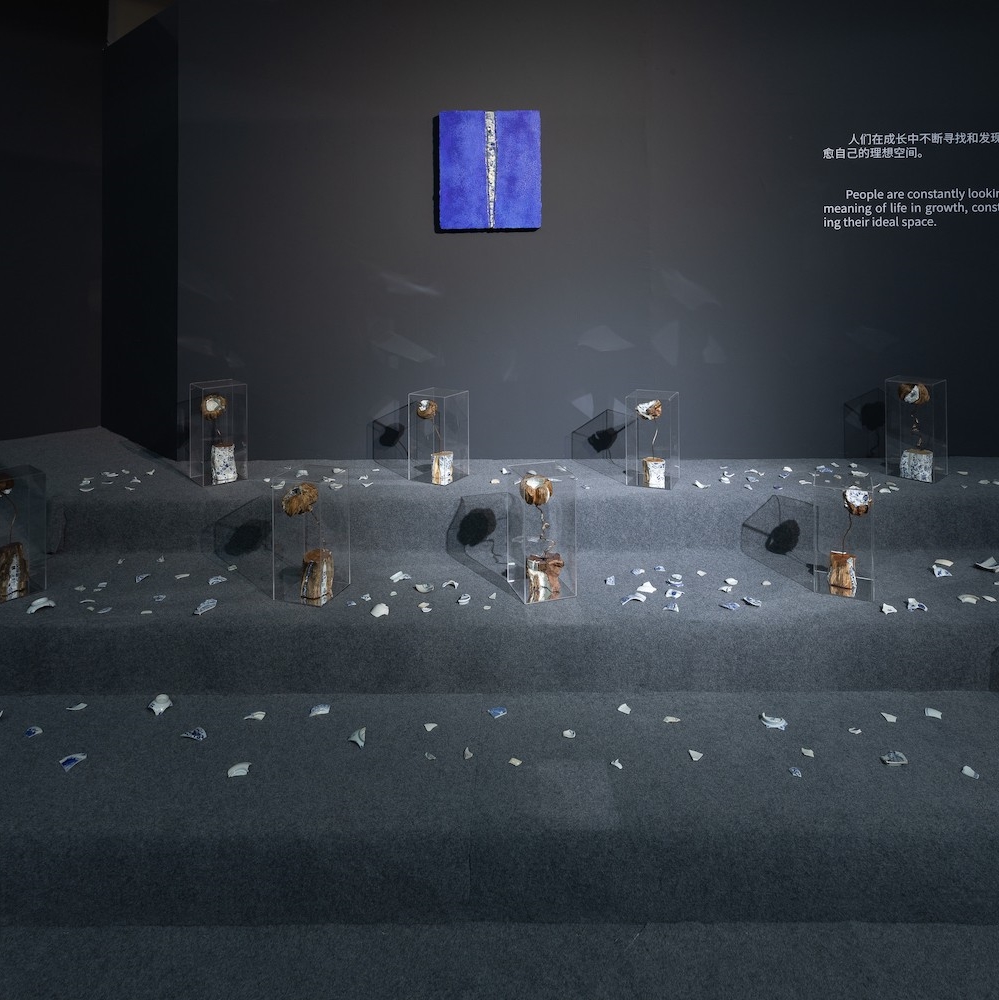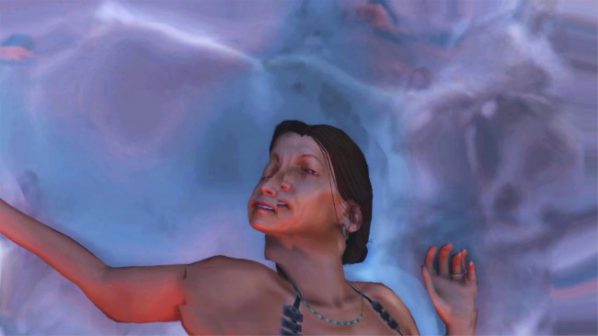
The K11 Art Foundation (KAF) is pleased to present After us, their first major project in China in partnership with the New Museum, New York. Exhibition curator Lauren Cornell, New Museum Curator and Associate Director of Technology Initiatives, is supported by Chinese curator Baoyang Chen, appointed by KAF as Assistant Curator, to explore how Chinese and international artists use surrogates, proxies, and avatars to expand the notion of being human. The exhibition features an international group of artists while focusing on emerging artists from China, in line with KAF’s mission. Included in the exhibition are works in sculpture, installation, photography, performance and video as well as works engaged with augmented and virtual reality.
After us looks at the original personae that artists are animating: ones that amplify current social and emotional conditions and speculate on potential future states. With the rise of artificial intelligence, the social web and gaming, the process of adopting newly invented personae is now a common part of popular culture and daily life. Stand-ins for the self, for feelings and products, and for values and beliefs have expanded our lives and sense of possibility.Adrian Cheng, Founder and Honorary Chairman, K11 Art Foundation, said:
After us sparks new dialogues between Chinese and international artists and brings together experimental and cutting-edge artists from across the world in new and illuminating ways; we are delighted to bring this exceptional exhibition to the Chinese public. We were particularly pleased to appoint Chinese curator Baoyang Chen as Assistant Curator to the New Museum’s Lauren Cornell for this exhibition. It is an important part of what we do at the K11 Art Foundation to incubate and support curatorial talent in China, as well as that of outstanding Chinese artists – many of whom are represented in the exhibition.
Massimiliano Gioni, Artistic Director, New Museum said:
The New Museum is pleased to continue its partnership with the K11 Art Foundation this spring following the successful Museum residency and exhibition with artist Cheng Ran in New York in 2016. The New Museum has a history of championing artists working at the intersection of art and technology and we are thrilled that Cornell’s expertise in this area can expand KAF’s mission to bring new, boundary-pushing artists to Shanghai.
The title After us raises the spectre of a society that will replace our own, and yet, many of the featured artists instead layer virtual or imagined states onto the present. In Chen Zhou’s breakthrough feature-length video Life Imitation (2016), intimate portraits of daily life in Shanghai overlap seamlessly with winding Wechat dialogues and scenes captured from an unnamed game. Lin Ke’s video works, which follow his ramblings online, reveal how the conventions and conundrums of screen time have become part of the expanded texture of being. In the newly commissioned performance Unwinnable game (2017) by Li Liao, six professional gamers play the game League of Legends all day when the gallery is open to the public, but they follow a strict set of rules that keep them from winning. The piece is a reminder of the ways in which our animated avatars are not only embodied but controlled, and that sweat and free labour fuel our fantasy worlds.
Some of the works in the exhibition revenge the inequities and afflictions of the present. In Ian Cheng’s mixed-reality simulation Emissary Forks For You (2016), participants are led through the gallery by an animated shiba inu whose verbal commands are not subtle in positioning listeners as her pets. Stewart Uoo presents torched mannequins next to montages of scenes ostensibly ripped from first-person shooter games, as if to confront viewers with the actual wounds of imagined violence. And, in a surreal and radically original video game, Lu Yang depicts a character called “Uterus Man” who has the extraordinary ability to use their womb as a weapon, breaking free from biology and expanding the iconography of superpowers.
Lu’s is only one of a number of original worlds that populate the exhibition. Cécile B. Evans’s expansive and ambitious video installation What the Heart Wants (2016) follows Hyper, a girl described as a “system,” through a world called “After k” where consciousness, software, and hardware have merged. Works by Dora Budor, JODI, Katja Novitskova, and Takeshi Murata endow common objects—or tangles of materials—with sentience, evoking the ways new technologies extend life. Altogether, the works in “After us” show artists who are not just considering the future, but also actively rewriting the definition of what it means to be human today.
The full list of artists is: Dora Budor, CHEN Zhou, Ian Cheng, Cecile Evans, JODI, LI Liao, LIN Ke, LU Yang, MIAO Ying, Takeshi Murata, Katja Novitskova, Jon Rafman, Rachel Rossin, Stewart Uoo, YU Honglei.
In conjunction with After us, the New Museum and the K11 Art Foundation present a symposium related to the themes of the exhibition, with full details to be announced.
About the exhibition
Dates: 2017.03.17 – 2017.05.31
Venue: K11 Art Space, Shanghai
Courtesy of the artists and the K11 Art Foundation, for further information please visit www.k11artfoundation.org.


